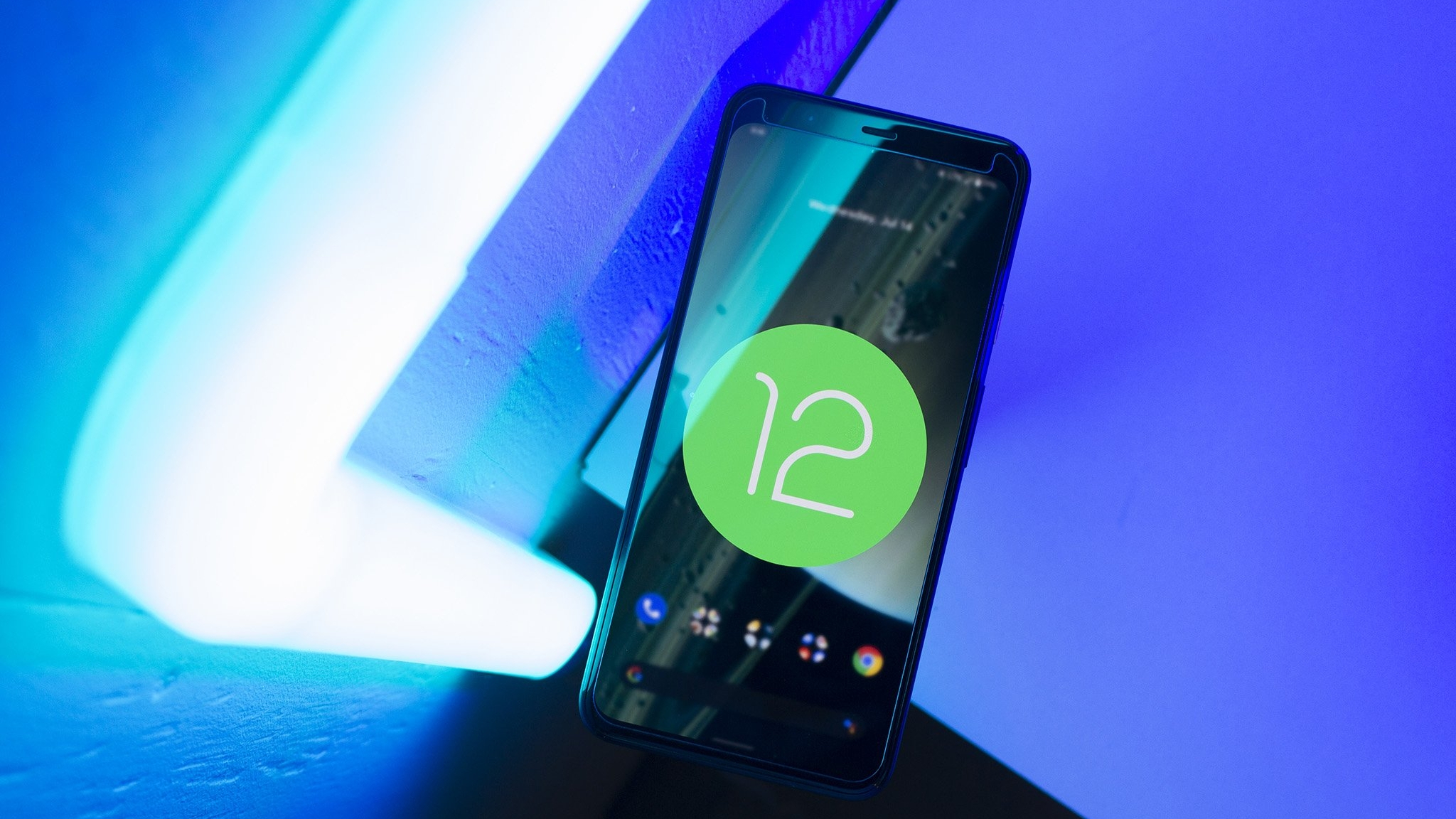Save net neutrality and keep our mobile future awesome
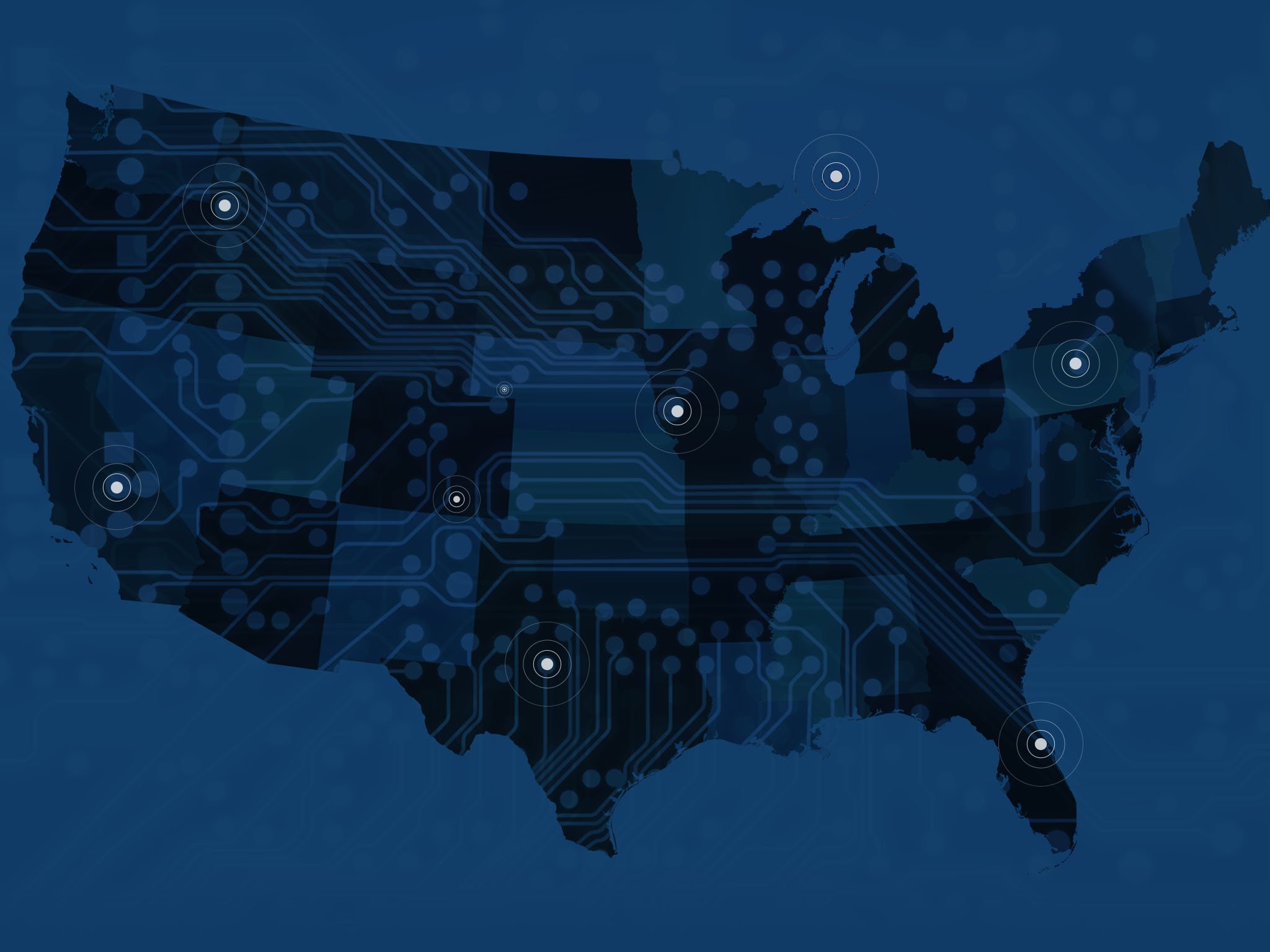
I love to tell people what I think of a particular thing, be it a product or brand or service provider. I'll freely tell someone to go with T-Mobile as a carrier, for example, because it offers the best compromise between speed, value, and coverage. Rarely, though, does it occur to me to judge a provider based on its stance towards net neutrality, a topic that has a direct impact on the American people.
Maybe I should.
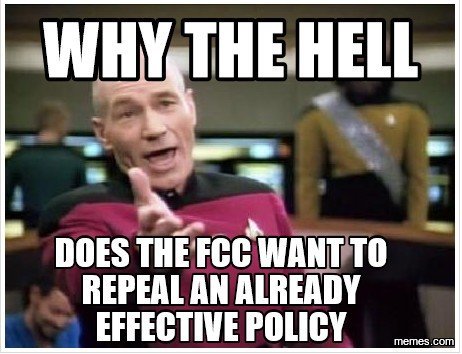
Today, July 12, is the Day of Action to Save Net Neutrality, where thousands of companies are taking a stand to support the current state of the internet. We at Mobile Nations stand with larger entities like Google, Amazon, Netflix, Facebook, Twitter, and thousands of others in urging the FCC to uphold Title II regulations, which designate as telecommunication services, legally preventing them from changing the way internet traffic is sent, shaped, and received.
Net neutrality is a complicated topic — we have a small explainer if you want to learn a bit more about it — but the move to deregulate parts of the internet comes from a self-proclaimed libertarian FCC chair, Ajit Pai, whose desire is to see less government regulation around telecommunications services at all costs, regardless of whether they negatively impact consumers.
The onus shouldn't be on us, the consumer, to police bad actors. The FCC wants that to be the case.
In an interview he gave with NPR earlier this year, he said that instead of the arrangement we have now, which pre-emptively abrogates the preferential treatment of certain types of internet traffic over others, he wants to move to regulating on a case-by-case basis.
First and foremost, we want to make sure that all content that is lawful on the Internet can be accessed by consumers — that's a bedrock protection of the open Internet that I think everybody would agree with. ... But secondly, we want to make sure that we have the ability to allow all kinds of streaming companies, others who create content on the Internet, to be able to reach their endpoints, which is the consumers.And so we can envision some pro-competitive arrangements that allow for video in particular to be delivered in an efficient way. And one could conceive anti-competitive arrangements. And the simple point I've made is that we can't predict in advance every single potential type of outcome — some might be good, some might be bad — and on a case-by-case basis let's figure out what types of conduct are anti-competitive or otherwise would harm consumers or innovators, and take action if we see something like that arise.
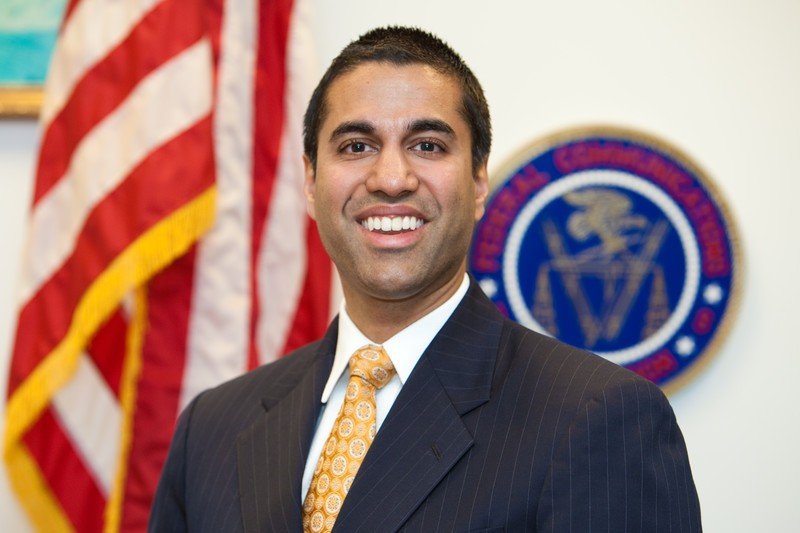
Pai's argument arises out of a firm belief that over-regulation leads to a decrease in investment and cites examples of how certain internet companies have limited wired broadband and fixed mobile expansion into rural areas over the last few years. He also believes in what he calls a "free and open internet" that is not shackled by the 1930's-era Title II classification that oversaw Ma Bell, a true telecom monopoly.
"If you act before the fact, then you're preemptively saying that we think the marketplace is forever going to be the same and we can take account of every particular kind of conduct," he said. "You could be prohibiting a number of pro-competitive business arrangements."
Be an expert in 5 minutes
Get the latest news from Android Central, your trusted companion in the world of Android
While Pai may be correct in an environment where meaningful competition didn't already exist, if we look at what's happened to the U.S. wireless market since Title II was implemented in 2015, we see a clear trend towards an internet that is more accessible, mobile, and competitive. We see companies like T-Mobile — a proponent itself of the end of net neutrality, mind you — undercutting Verizon and AT&T, pushing the former carrier duopoly to not only lower prices but to become much more transparent in how they treat their customers. An open, free internet also leads to savvier, more educated users, and the expansion of net neutrality laws brought the layperson into the conversation.
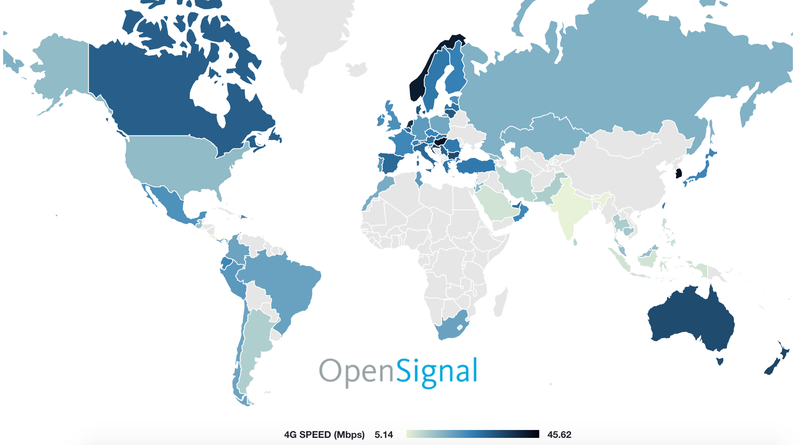
Perhaps the most vexing and frustrating thing about Pai's insistence that pre-emptive regulation needs to be removed in favor of a lighter regulatory touch is his placement of the onus on the consumers — you, me, us — to identify violators. "Especially in the Internet age," he said, "consumers are able to complain to the Federal Trade Commission authorities, the Justice Department, the FCC, other state agencies."
Right now, the FCC is forced to police the internet service providers on our behalf, to enforce regulations that prevent companies like AT&T and Verizon from silently and sneakily limiting their unlimited plans, as they once did, and not following through with broadband expansion contracts because they weren't guaranteed a big enough return.
Zero-rating may seem like a good thing, but it opens the door for a lot that's terrible.
The rollback of net neutrality isn't about making legal so-called consumer-friendly tactics such as zero-rating, which has become so pervasive in the U.S. that it's not clear whether people actually associate them with the movement anymore. But that pervasiveness denotes an insidiousness to how network providers approach regulation, always trying to find a legal maneuver around the problem. When T-Mobile stopped counting streaming music and video services against a user's monthly data cap, it did so knowing that the FCC would eventually hold it to account for its actions. It took a new administration and a libertarian, light-touch-regulation chair to drop all inquiries into whether zero-rating violated net neutrality.

While it may sound like programs like T-Mobile's Binge On and others like it benefit consumers — who doesn't want more data for free? — they have the potential to shut out smaller companies that lack the requisite size or influence to make a deal with a massive carrier. Recently, carriers in the UK began mimicking their U.S. counterparts. In Canada, such zero-rating programs were recently banned not just for their own sake, but to show the telecom regulator's commitment to reinforcing the rules of net neutrality.
Should Title II classification be stripped away from the service providers to whom we give thousands of dollars every year, such legal challenges will be more difficult to win, and carriers — even AT&T, which is reportedly joining the fight to uphold net neutrality — will be free to do more in the name of profit, at the expense of the internet we love.
If you want to do just that, you have until July 17 to submit your comments to the FCC about why a truly free and open internet deserves to be something Americans take for granted.
Daniel Bader was a former Android Central Editor-in-Chief and Executive Editor for iMore and Windows Central.

